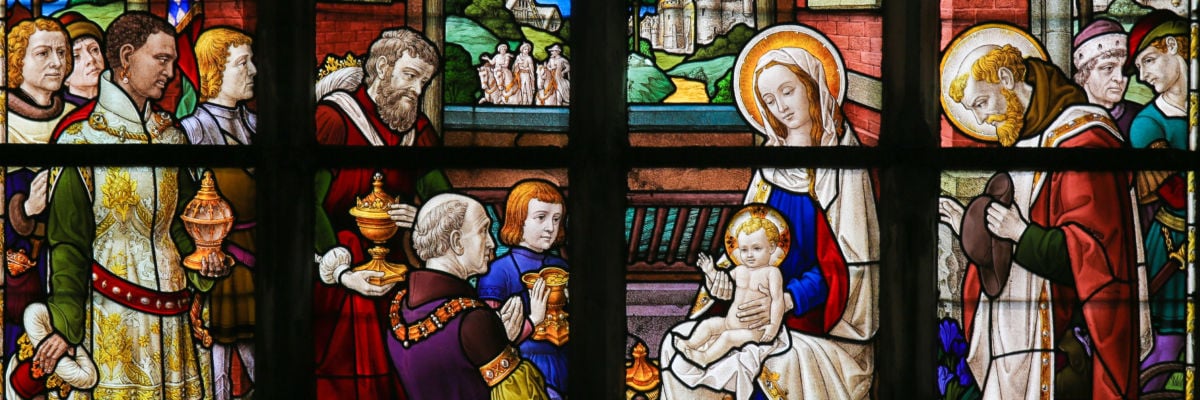
Question:
Answer:
In giving the infant Jesus gold and frankincense, the Magi evoke Isaiah 60:3, 6 in which Gentile nations bring these gifts to the God of Israel (see also Tobit 13:11, Psalms 72:10-15). In addition, myrrh is an oil that was used to consecrate levitical priests and the wilderness tabernacle, the forerunner to the temple in Jerusalem (Ex. 30:23-33). Myrrh was also used as a burial ointment.
There are also the spiritual senses of Scripture (see the Catechism 115-19). In the allegorical or christological sense, St. Irenaeus says that the gifts signify the mystery of the Incarnate Word (God who has become man): gold, a symbol of royalty, represents his kingship; frankincense, used in worship, points to his divinity; and myrrh represents his humanity, particularly in his passion and death (Against Heresies, 3, 9, 2).
One could also argue that the myrrh signifies that Jesus is also a priest, in fact the definitive high priest who fulfills the Old Covenant levitical priesthood with his superior Melchizedekian New Covenant (see Heb. 5-7); it also indicates that he is the new Temple (see John 2:18-22).
In the moral sense, i.e., how we are to live, Pope St. Gregory the Great says in his Homilies on the Gospels (10) that the three items represent gifts that we are to present to God in our daily lives: gold is Christ’s wisdom, which is to shine in our lives; frankincense is the prayer and adoration we are to give him (see Rev. 8:3-4); and myrrh is our daily self sacrifices to the Lord (see Matt. 39; Rom. 12:1).



